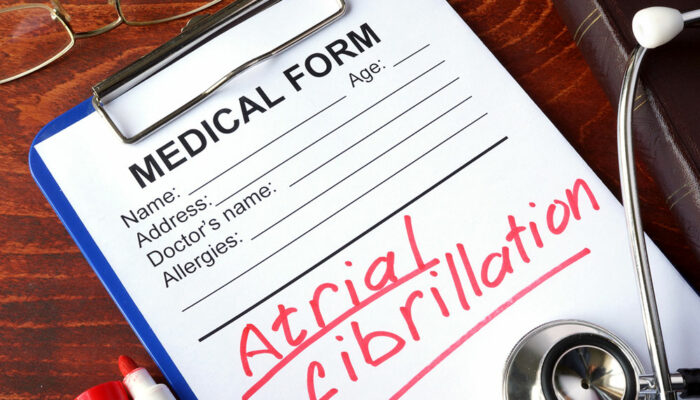
What you need to know about the prevalence of GERD
Gastroesophageal Reflux Disorder (GERD) can be described as an uncomfortable medical condition wherein there is a burning sensation in the chest, which is also known as heartburn, when the contents from the stomach move up the way into the esophagus. This condition is also called acid reflux, acid regurgitation, or acid indigestion.
When the acids from the stomach escape and come up in contact with the linings of the esophagus or the food pipe, they cause heartburn.
Although having an acid reflux every once in a while is not considered harmful apart from the discomfort it causes, when there are constant symptoms of having chest burn, about more than two times in a week, then it can be pointed out that the person might be suffering from GERD.
Apart from being uncomfortable during those episodes, GERD is very common in the country. It is so common that as per the reports and statistical analysis from the American College of Gastroenterology and the National Institute of Diabetes and Digestive and Kidney Diseases, it is said that more than 60 million people in the country suffer from heartburns due to acid reflux at least once in a month, and about 15 million experience it as often as daily. GERD, as a medical condition, is more common and prevalent in the western countries with an estimate affecting close to 20 to 30 percent of the population.
GERD, if left untreated, can lead to serious complication in the long term. Even though it has been stated that GERD is common, there are still a certain group of people who are more likely to have it than the others, they are
- People who are overweight and obese
- People who smoke regularly, passive smokers can also be affected
- Pregnant women, due to the extra pressure being placed on the internal organs
- People using medications for conditions such as asthma, using pain killers, sedative and antidepressants
The symptoms that people experience when they have GERD are
- Having regular heart burns, which are often times painful, causing pain on the chest and the upper part of the abdomen
- People may experience the taste of stomach acid or food in the back of their mouth, which may taste sour or bitter
- Experiencing respiratory problems such as shortness of breath, wheezing, and asthma
- Vomiting sensations or feeling nauseous
- Not able to swallow food due to pain
- Dental erosion or wearing away of your teeth, due to contact with the stomach acid
- Throat problems such as persistent dry cough
- Bad breath
In the event that a person experiencing any or most of the symptoms as stated above would need to visit their doctor, as without medical assistance, this can have serious complications in the long term such, as increased risk of cancer, and others conditions i.e. Strictures, Esophagitis and Barrett’s Esophagus.
The condition can be well controlled through some simple changes in lifestyle, diet and the use of prescription medications. And only in severe cases will a doctor recommend surgery.




